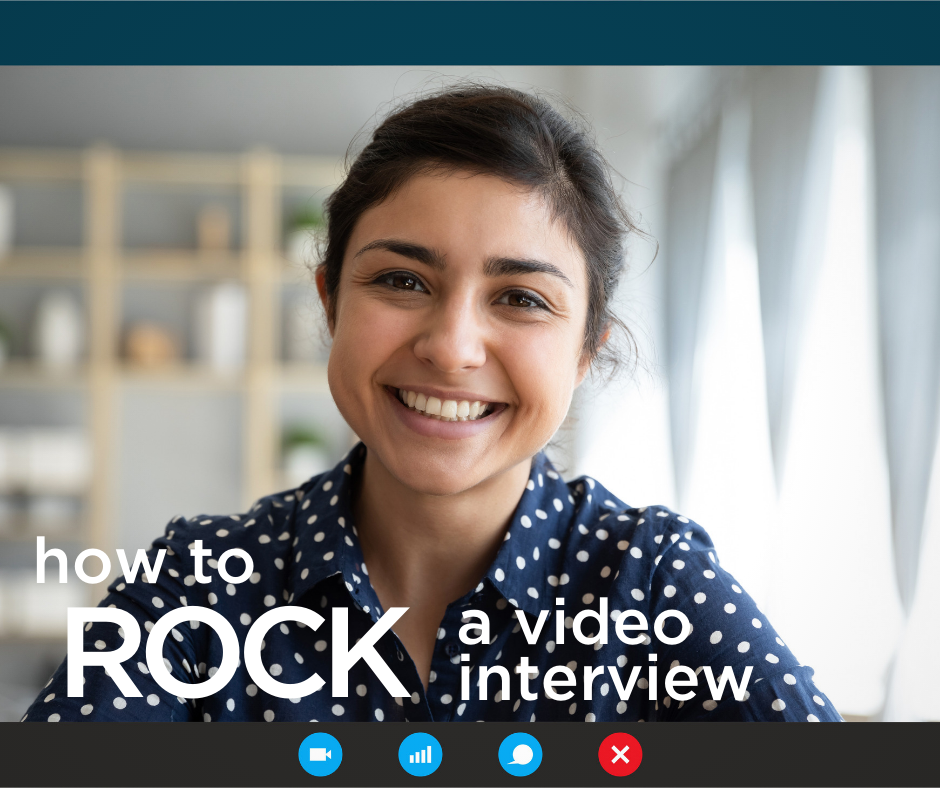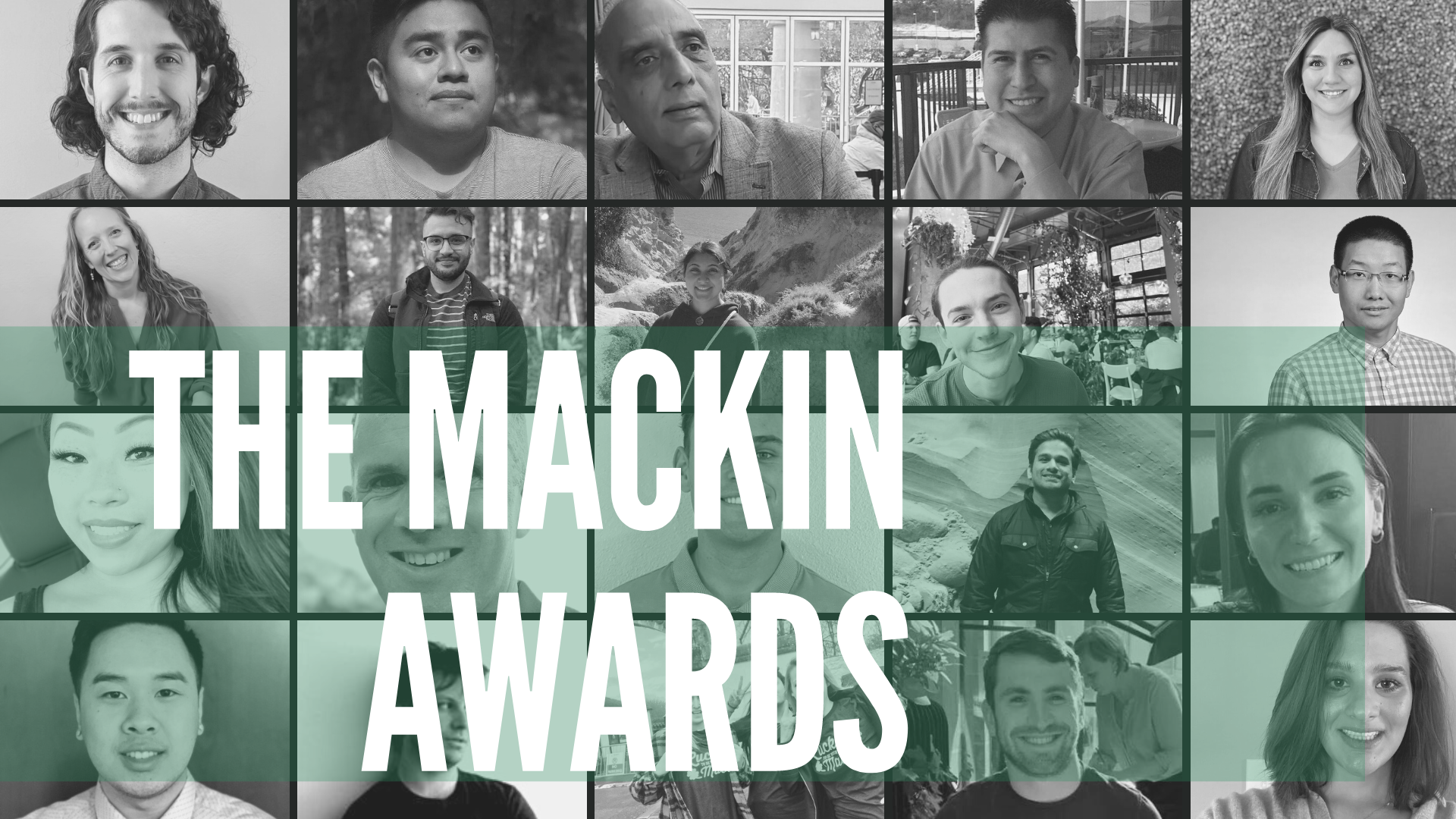Over the last few months, video conferencing has become an increasing part of our everyday routine as we use it to connect with co-workers, schools, friends and family. It has also functioned as a necessary replacement for the in-person interview.
Hiring managers across the globe are using this method to continue recruitment throughout the pandemic and it looks like this process could be here to stay. It has enabled employers to open up their talent pool while saving a lot of time, energy and money. Virtual interviews offer more flexibility for both hiring managers and candidates when it comes to scheduling.
For prospective employees, trying to make a pitch themselves via video conferencing software, such as Skype, Zoom, Bluejeans or Google Hangouts, can feel quite daunting.

Here are 10 virtual interview tips to help you be prepared and ready to land that new job:
Test Your Technology
As soon as your interview is confirmed, test your technology to ensure you’re all set up and ready to go. Check your internet connection and ensure your camera and microphone are working. Locating yourself close to your router should enhance the connection and ensure that the picture isn’t grainy or lagging. Try calling a friend or family member to carry out a trial run. Avoid procrastinating and leaving it to the last minute or the day of the interview. You will be putting yourself under unnecessary stress in an already nerve wracking situation.
On the day of the interview, test your equipment and internet connection again. Being technically savvy is one of the top traits employers look for, so if you are fumbling around with your audio or lighting during the call, you are already starting on the wrong foot. First impressions count so appear prepared, relaxed and in control even if you don’t feel it at the time!
- Set the Scene
Find a room with lots of natural light, preferably near a window, or a blank wall so that you’re the main focus of the conversation. Wherever you choose to sit, tidy up your surroundings. It’s hard to convince employers you’re detail-oriented and organised when you're surrounded by clutter and laundry visibly piling up in the corner.
Once you are in a position, eliminate all distractions. Turn off the TV, silence your phone, and close any nearby windows to muffle any outside noise.
- Be Prepared
Even though you have your computer at hand, avoid searching the web during your interview. You want to appear focused and prepared to answer the interviewer’s questions without the aid of the internet. Do your background research of the company prior to the interview and keep notes that you can easily refer back to. Have a printed copy of your resume so that you don’t forget key talking points.
It would also be beneficial to come prepared with answers to common interview questions, such as:
- Why are you interested in this role?
- What do you know about our company?
- What are your biggest weaknesses?
- What do you consider to be your biggest professional achievement?
- Tell me about a challenge at work and how you dealt with it?
- What are you looking for in a new position?
- Why do you want to leave your current role?
Don’t memorize your responses, you want to appear natural and not rehearsed. Have some key points noted down to use as a prompt during your discussions.
It is good practice to prepare some questions for your interviewer. It demonstrates a keen interest in the position. An interview is a two way conversation, so you are determining whether the company is a good fit for you as well as whether you are right for them. Questions you could consider include:
- What does a typical day in the life of this role look like?
- How would you describe the ideal candidate for this position?
- Where does this role sit in the organisation, and what other teams or groups will I be working with?
- How is performance measured at this company?
- Practice But Don't Memorize
You don’t want to sound robotic when answering or asking questions. It’s easy to tell if you aren’t being genuine, so it's a good idea to run through a few practice rounds with a friend or family member.
Keep things simple, don’t feel like you have to give a long-winded answer, being clear and concise is more important.
- Monitor Body Language
You can’t shake a hiring manager’s hand or easily demonstrate enthusiasm in a video call but you can monitor your body language.
Sit up straight, smile, and keep the camera at eye level. Employers are more likely to remember what you have said if you maintain eye contact, so keep your eyes focused on the camera when talking and not on the image of the interviewer.
- Dress to Impress
When conducting research into the hiring company, find out about their company culture and whether they have a specific dress code. Check the company’s “About Us” page and social media profiles for clues about their culture. They might have pictures or videos about their offices where you can see how employees typically dress. However, if in any doubt, dress as you would for a normal in-person interview. Ultimately, professional clothing will show you’re serious about the position. - Make a Connection
You might be one of many candidates that the hiring manager meets with for the position. It is important to make some sort of connection to leave a lasting impression. You may have discovered from your research that you and the hiring manager share a common interest so don’t be afraid to drop that into conversation if you reach a point where it would be appropriate to do so.
It’s not easy to connect with everyone, but it’s crucial for any interview, in particular a virtual interview. What will make the interviewer remember your conversation? What will make you stand out and avoid blending in with the other candidates?
Be Yourself
Interviewers are trying to determine whether you would be a good fit for the company’s culture. If they didn’t think you were suitable for the role from what they have read on paper then they wouldn’t have invited you to interview in the first place. It can be challenging during a virtual interview because there is a physical disconnection. It will be difficult for the interviewer to fully gauge your enthusiasm through the screen, so make sure you’re expressive when answering questions.Follow Up
Within 24 hours of the interview, send a thank you email to everyone you met. It will demonstrate that you value their time and provides the opportunity to resell yourself or share any additional insight that you may have forgotten to mention during the interview itself.
If there was a particular topic that you bonded over, mention it so you are at the forefront of their mind. Keep the email clear and concise; you want your correspondence to leave a positive lasting impression.
Value Yourself
Lastly, but most importantly, value yourself. It's difficult to convince others of your value if you are unsure of it yourself. Know what you are bringing to the table and how you can add immediate value to the position. Many positions list pay upfront, but if they don't, do your research and know what salary range you would accept. It's perfectly acceptable to give a range anywhere from 5k-15k. Ask for what you want and don't be afraid that it will knock you out of the running. If you do all the other items on this list, you will leave an impression that you are worth every penny. If they can't see that, move on to the next interview, or better yet check out Mackin's open positions as we are always hiring and would love to get to know you!






